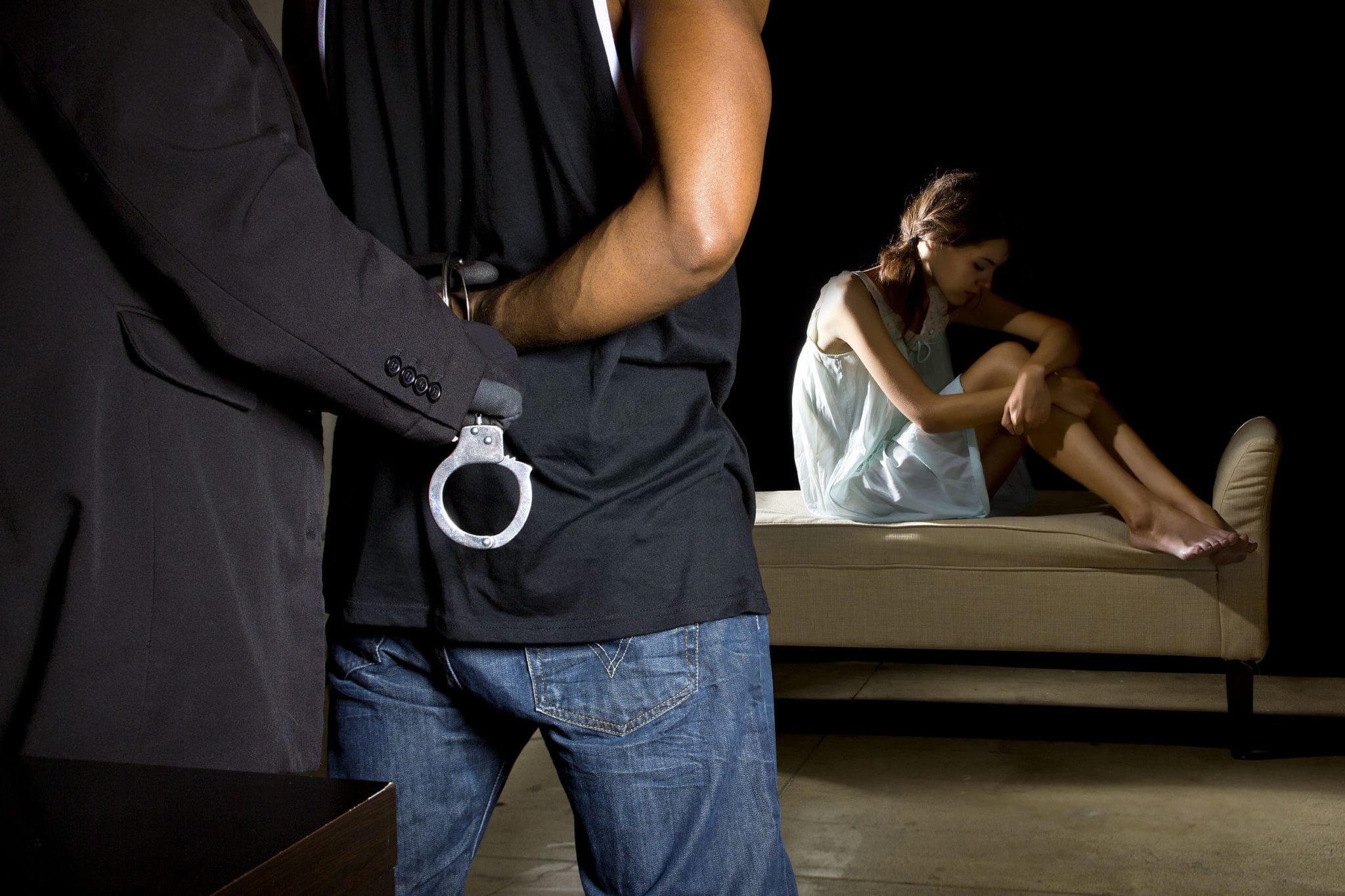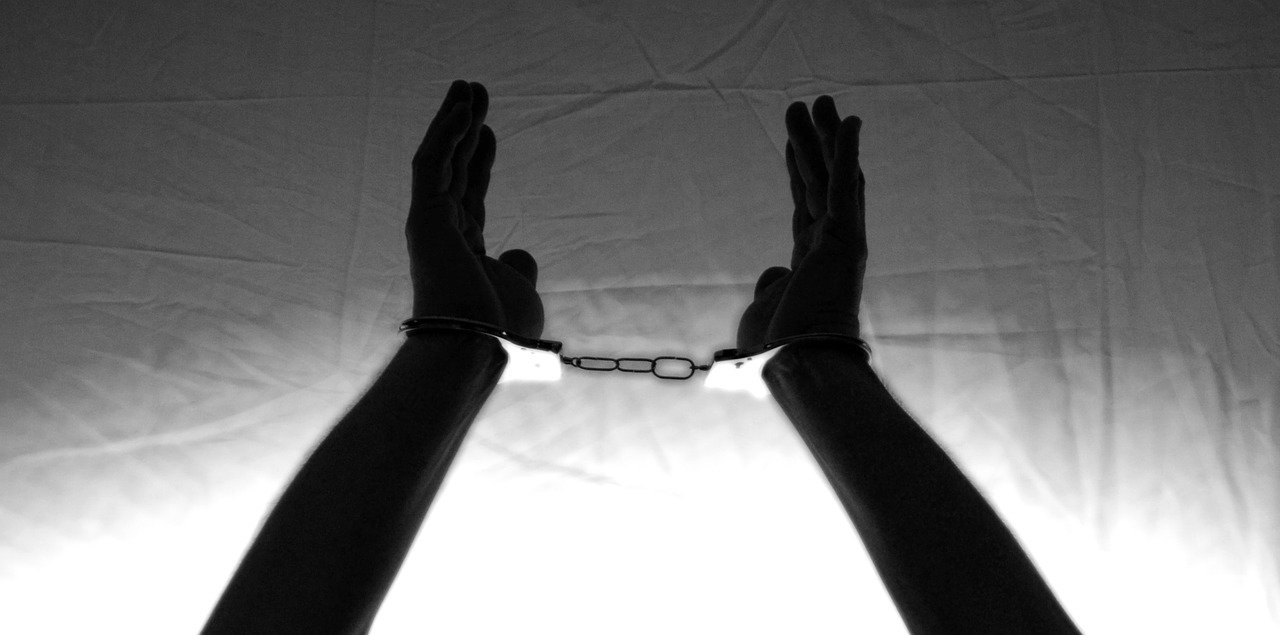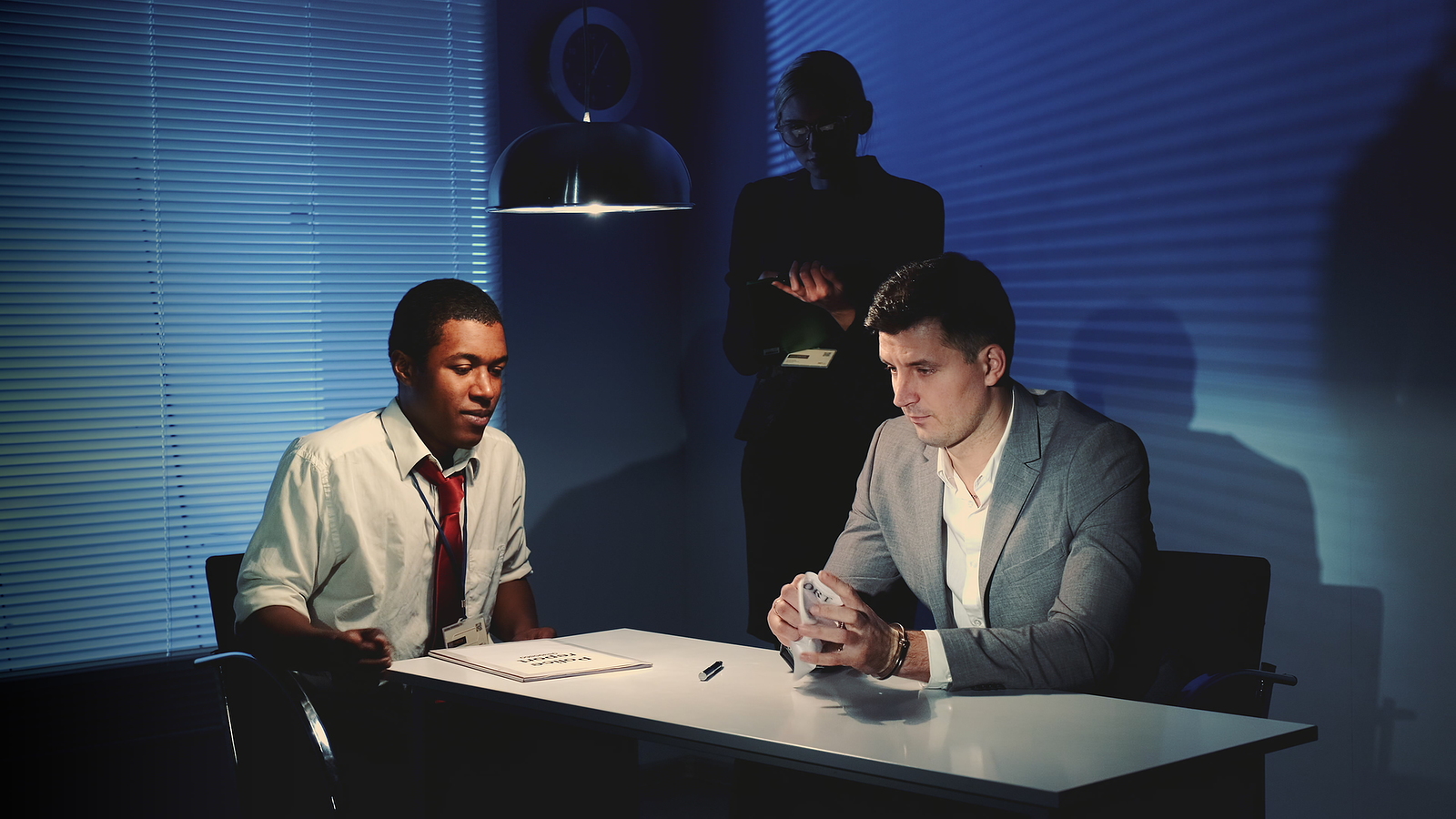If you’re being investigated for or charged with a crime you did not commit, you should take immediate steps to protect yourself. The last thing anyone wants to face is being wrongly accused of a crime but, unfortunately, it can happen. A witness or victim can identify the wrong person, circumstances can lead police to think that an innocent suspect committed a crime, and an innocent person can even be formally charged with a crime he did not commit.
If you have been falsely accused or charged with a crime, you should retain an attorney as soon as possible. You should also:
- Gather any physical evidence relating to the incident or events that is available to you, such as clothing, photos, videos, and other objects.
- Gather any documents or records that could relate to the case, such as letters, emails, financial or legal records if the crime is financial or business-related, phone and GPS records, records that might show where you were at the time of an incident, and computer records.
- Make a list of any evidence from the crime scene (objects, documents, blood, bullet casings) that you know exists but were not able to take from the scene, and
- Make a list of possible witnesses – any person you think has information about the incident, the accusations, or the alleged victim – and obtain the witnesses’ contact information.
- Be prepared to share all of this information and material with an attorney.

What Not to Do
If you are falsely accused or charged with a crime, you should not:
- Destroy evidence that you think could hurt you, as this may cast you in an even more suspicious light and can lead to more criminal charges.
- Try to talk to the victim about the case or have any contact with the victim or witnesses.
- Talk to law enforcement or other investigators without an attorney present, or
- Voluntarily submit to any testing, such as DNA tests; or give any evidence to law enforcement without consulting with a lawyer first – even if you believe the evidence will show you are not a guilty party.
Falsely Accused but Not Charged
If someone has wrongly accused you of committing a crime but you have not been charged, it is a good idea to talk with an attorney about the situation and get more advice than the basic suggestions above about what to do and not do. The attorney can give you advice that might be specific to the alleged crime and can be ready and waiting in the event that you are formally charged or arrested. Now suppose someone you know, such as a neighbour, a friend, or a business colleague, is making accusations against you? Your first inclination might be to try to talk with the person and “sort things out,” because you know each other and it’s all just a big misunderstanding, right? Don’t do it. A conversation like this could complicate matters even more between you and the accuser or alleged victim. You also could be accused of attempting to intimidate a witness. Talk to an attorney if you really believe that communicating with the accuser or alleged victim could resolve the matter, but don’t take matters into your own hands.
Formal Charges, Plea Offers, and Trial
If you are formally charged with a crime you did not commit, you and your attorney will need to evaluate your options, investigate the case, and prepare for trial.
Investigation
After a defendant is formally charged, the prosecution and the defence usually spend a period of time investigating and preparing the case to determine whether a plea is appropriate and agreeable to all parties, or whether the case will go to trial. The defence is entitled to review all the prosecution’s evidence and to interview all witnesses before trial, whether the evidence or witness is helpful to the prosecution or the defence. The law requires that the prosecution disclose any information that may show that the defendant is not guilty. The defence also must disclose witnesses and evidence intended to be presented at trial. In other words, both sides must show all their cards and neither side is permitted to “hide the ball.”
At trial, the jury is instructed to review the evidence presented and determine whether it proves guilt beyond a reasonable doubt. If a reasonable person would have a doubt as to whether the defendant is guilty, the jury must find the defendant not guilty. By reviewing all the evidence and witness testimony, the defendant and the defence attorney can evaluate whether it’s likely that the prosecution can prove guilt beyond a reasonable doubt. That information can be very helpful in considering any plea offers.
Plea offer
If you have been falsely accused, it can be difficult (and even insulting) to even consider a plea offer, but it is best to consider all options when facing criminal charges that could lead to a conviction and a criminal record. Your attorney can help you evaluate whether the prosecution can prove that you committed any crime beyond a reasonable doubt. Sometimes people end up involved in complicated situations in which no felonies were committed but a minor criminal infraction was. A plea deal in which the defendant pleads guilty to a misdemeanour might be appropriate in this situation.

Trial
If a falsely accused defendant must go trial, all the evidence listed above (physical evidence, documents, computer records, video recordings) that might show the defendant’s innocence is very important. Evidence that shows a witness is not credible (that the witness is or might be lying) also is important. If the defence can show that a prosecution witness is not credible, this may create reasonable doubt.
At trial, the prosecution presents its case against the defendant by having witnesses testify and introducing physical evidence. The defendant then gets to present a defence by also having witnesses testify and introducing evidence. The defendant and the attorney can decide together what evidence will be useful to present as part of the defence.
Being falsely accused or charged with a crime obviously is extremely stressful, especially if events happen suddenly. If you find yourself in such a position, just doing these two things might make a difference in your case: consult an attorney before talking with anyone and preserve any evidence in your possession.

